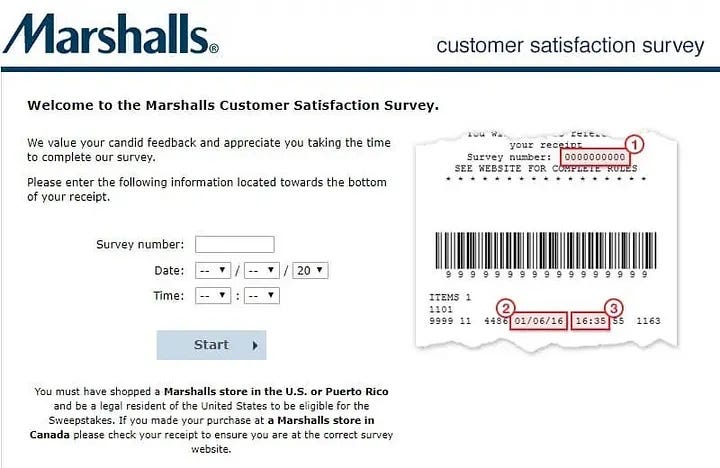

Introduction
In today’s interconnected world, the relationship between consumers and businesses is no longer just transactional; it’s highly dynamic. As global consumers become more discerning, companies are under increasing pressure to ensure that their business practices align with ethical standards and respect for human rights. One of the ways businesses have sought to engage with their customers and improve service is through feedback platforms. For Marshall’s, a popular retail brand known for offering high-quality goods at discounted prices, customer satisfaction is paramount.
The more info here marshallssfeedback system is an essential tool that allows customers to share their experiences, suggestions, and complaints, helping the company improve its services and build stronger relationships with its customers. But beyond mere consumer satisfaction, the act of engaging with feedback platforms connects to a broader conversation about human rights, dignity, and pleasure in the marketplace. This article explores how Marshall’s Feedback system contributes to upholding human rights, fostering consumer pleasure, and ensuring corporate responsibility.
Understanding Human Rights in the Context of Consumerism
Before diving into how Marshall’s Feedback operates and its potential impact, it’s important to first establish what we mean by human rights in the context of retail and consumer engagement. Human rights are the basic freedoms and entitlements to which every individual is entitled, simply by virtue of being human. These rights encompass a wide range of protections, including the right to fair treatment, freedom of expression, the right to privacy, and the right to participate in decisions that affect one’s life.
In a business context, human rights translate into the following:
In the case of Marshall’s, its feedback system provides a direct line for customers to communicate their experiences. This is not just about improving customer service; it also intersects with the idea that consumers have a right to participate in shaping the companies that serve them.
The Marshall’s Feedback System: A Tool for Empowerment and Ethical Consumerism
Marshall’s operates with the understanding that customer satisfaction is integral to its success. One of the ways the company actively involves its customers is through its Marshall’s Feedback platform. This system allows customers to share their opinions about various aspects of their shopping experience, including the quality of products, the behavior of employees, the store’s environment, and the overall shopping experience.
The Marshall’s Feedback platform typically works as follows: after making a purchase, customers are invited to fill out a survey, which may cover topics like the friendliness of staff, the organization of the store, and the value of the merchandise. Upon completing the survey, customers are often rewarded with a discount or the chance to win a prize, incentivizing participation.
Customer Empowerment
The core principle behind a feedback platform like Marshall’s Feedback is customer empowerment. By giving customers a voice, Marshall’s demonstrates a commitment to listening to their needs and improving based on their suggestions. This is a direct way for consumers to influence the company’s operations and policies, thereby making the shopping experience more aligned with their preferences.
Empowerment through feedback also plays a crucial role in reinforcing human dignity. When customers feel that their voices are heard, they are more likely to feel respected and valued as individuals. This, in turn, creates a sense of pleasure from the act of consumerism — when customers feel they are not just buying products but also engaging in a mutually beneficial relationship with the company.
Transparency and Accountability
Transparency is a cornerstone of ethical business practices. By actively soliciting feedback from customers, Marshall’s signals that it is open to critique and willing to address any concerns or shortcomings in its service. This level of accountability is crucial in ensuring that the company operates in a way that aligns with human rights principles, particularly with regard to consumer satisfaction and employee treatment.